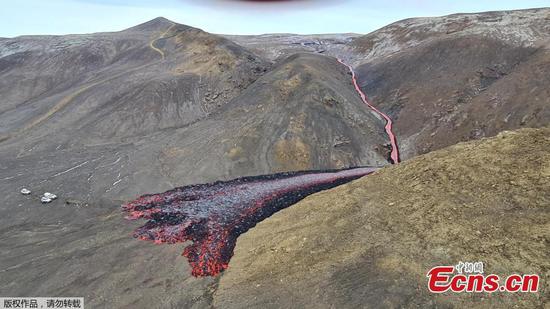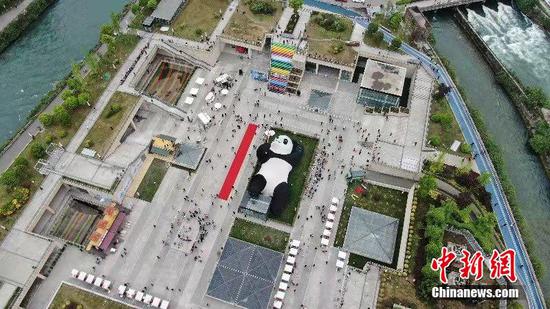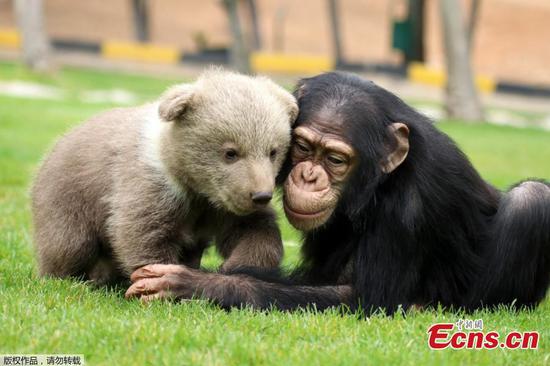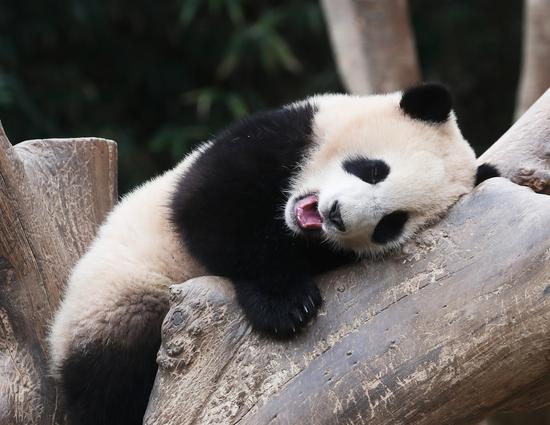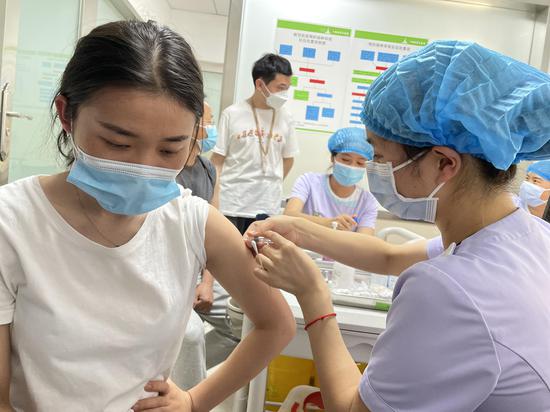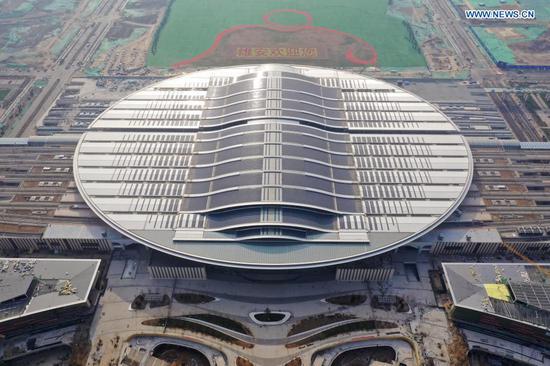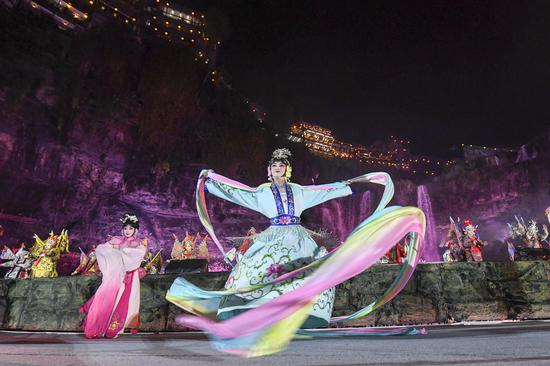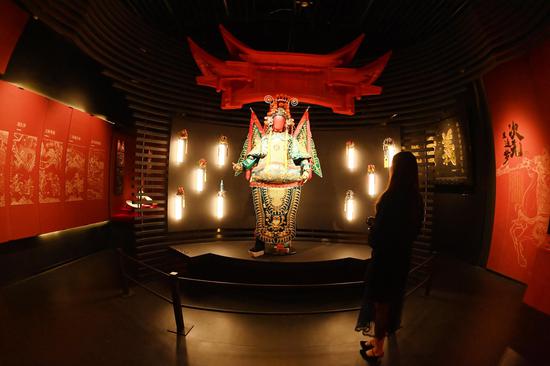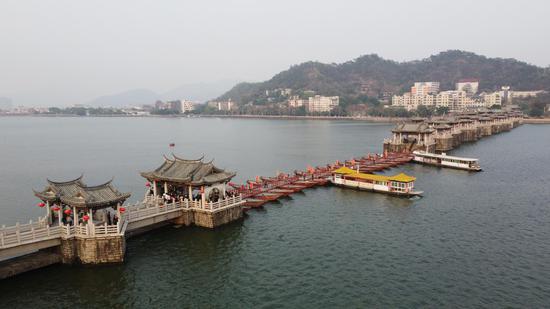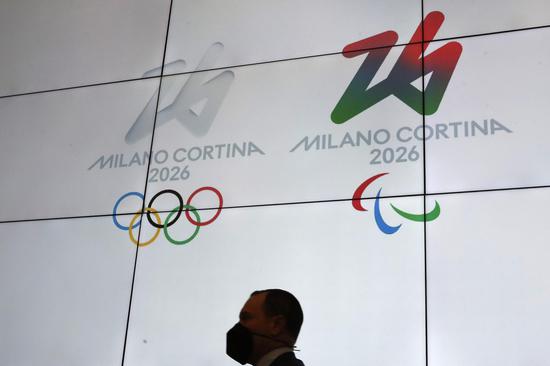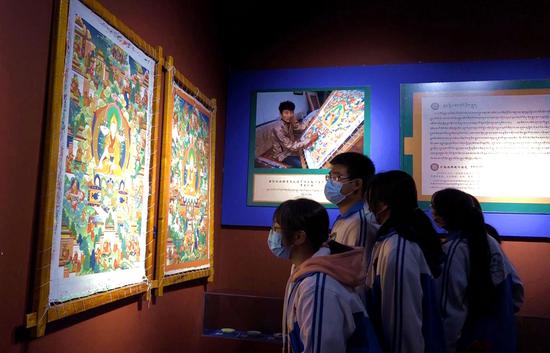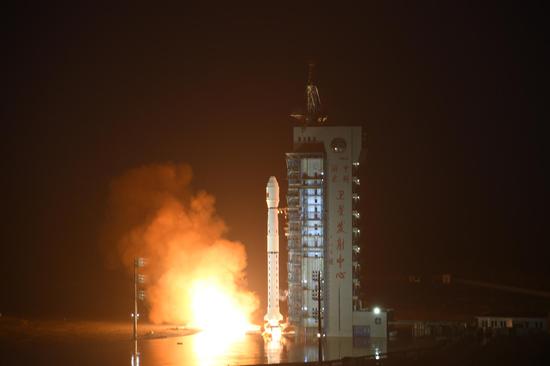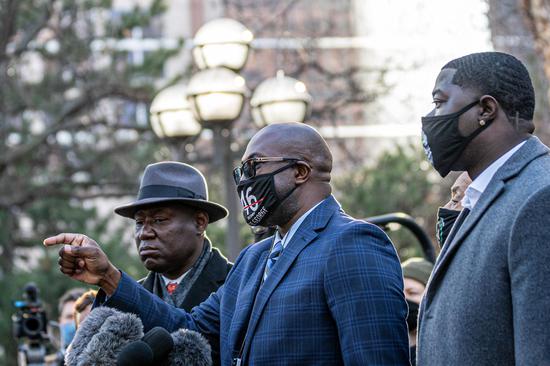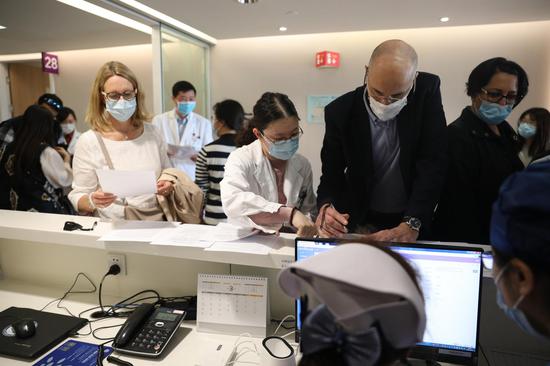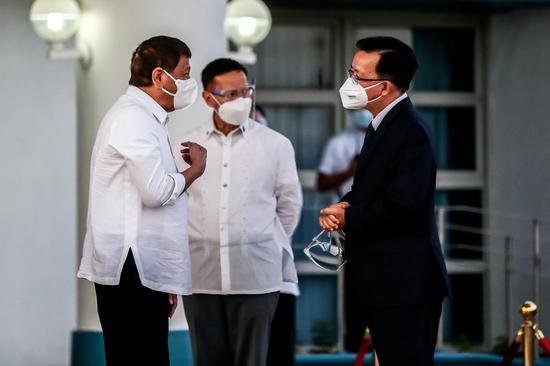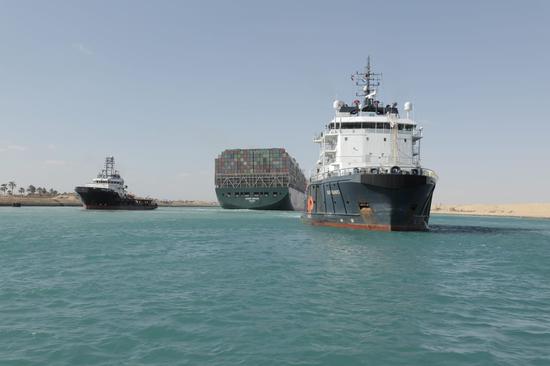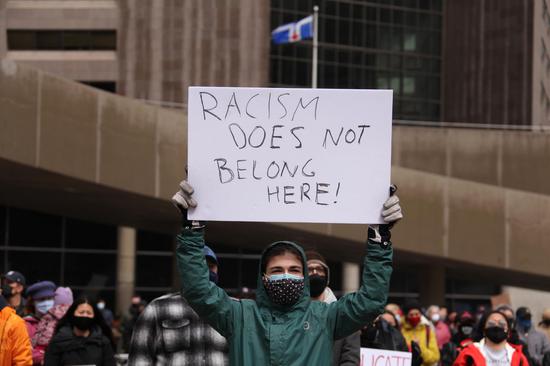Ending absolute poverty in the world's most populous country is nothing less than a history-making moment.
Alleviating poverty is a common and enduring challenge to humanity. China has a population of 1.4 billion and has used the past decades, since 2012 especially, to tackle the challenge with unparalleled efforts.
The result: bringing close to 100 million people out of poverty in eight years and a farewell to absolute poverty.
For the 100 million, the changes are real -- it is an ill man being able to afford treatment, a mother having a job, a family moving out of a ramshackle shelter, or a student no longer having to climb a cliff to go to school. Improved lives give these people hopes and dreams. Thursday's gathering to mark the country's complete victory in its fight against poverty evoked strong emotions in many who would agree the great struggle won attests to the nation's resolve, character, and strength.
The Communist Party of China (CPC), inspired by socialist ideals to eliminate poverty, improve people's livelihood, and realize common prosperity, has put poverty fight as a top policy goal. The CPC's efforts came from a simple and clear purpose -- to deliver real benefits to the people. The efforts are neither for scoring political points nor creating a battlefield to compete with other countries' systems or governance.
China set its poverty line at a per-capita annual income of 2,300 yuan at 2010 constant values, or 2.3 U.S. dollars in terms of purchasing power parity per person a day. This standard is higher than the World Bank's benchmark of 1.9 U.S. dollars per person per day. By 2020, a person making less than 4,000 yuan a year could be listed as impoverished.
Besides the numerical target, China ensured the impoverished people have "two assurances" (adequate food, adequate clothing) and "three guarantees" (access to compulsory education, basic medical services, and safe housing). The country has conducted the strictest assessment to ensure that the quality and standards of the poverty relief work are not compromised.
World Bank data say China contributed to 70 percent of worldwide poverty reduction in the last 40 years.
Over the last eight years, unabated attention and a sustained push from Chinese President Xi Jinping have ensured continued momentum. Under his leadership, efforts against poverty have been woven into every fabric of Chinese life, in which reducing poverty is a consensus and constant call to action.
Exploring wisdom and ways, China has accumulated a vast pool of experiences in battling poverty.
With almost surgical precision, the country established a targeted poverty-relief database and rolled out specific prescriptions to fight poverty for different people. With flexibility and ingenuity, farmers succeeded in experimenting with new cash crops or raising a new type of cattle. With mass mobilization, three million "first secretaries" and cadres were sent to villages to help stamp out poverty. Both public and private sectors undertook poverty-relief projects. With robust government funds, roads and bridges were built, and over 9.6 million people were relocated to more hospitable areas. Proper checks and supervision mechanisms made sure the results of poverty reduction can stand the test of time.
As an old saying in China goes, "Give a man a fish and you feed him for a day; teach him how to fish and you feed him for a lifetime." In addition to external assistance, China has fostered among the poor an awareness of escaping poverty through self-reliance. It has focused on improving their skills through training programs and providing them with jobs instead of giving grants. In this way, the poor have become more involved in poverty alleviation programs.
The victory over absolute poverty and regional poverty speaks volumes of the leadership of the CPC and the strength of socialism with Chinese characteristics.
China's poverty alleviation is a success, but far from a full stop. China remains the biggest developing country globally. It still faces problems caused by unbalanced and inadequate development. Eliminating absolute poverty is a new starting point. China has already made arrangements for consolidating the achievements in poverty alleviation and rural vitalization, including a five-year transition period during which major supportive policies and assistance for the poor will remain stable.
The world still has 700 million people living in extreme poverty with a yawning gap between the rich and the poor in many countries. China's victory comes as an encouraging sign. It has quickened the pace of global poverty reduction, therefore cementing confidence in the ultimate eradication of penury.
While striving to cure poverty at home, China has also actively supported the cause in other developing countries. It is committed to creating wealth and opportunities for people in other countries through aids and initiatives like the Belt and Road.
All roads lead to Rome. No country should blindly follow others' steps or take their development paths as the only viable one. But China's victory in poverty reduction has at least offered hope and provided a valuable reference to the world, especially the developing and least developed countries, given its holistic approach in planning and perseverance in implementation.
Looking ahead, China expects exchanges and mutual learning with the international society in the spirit of shared development and win-win cooperation. China also wants to ensure that the benefits of poverty reduction reach more people around the world.
China's victory in the fight against absolute poverty merely marks another beginning -- the beginning of more miracles yet to be worked, and a path toward an even brighter future.









